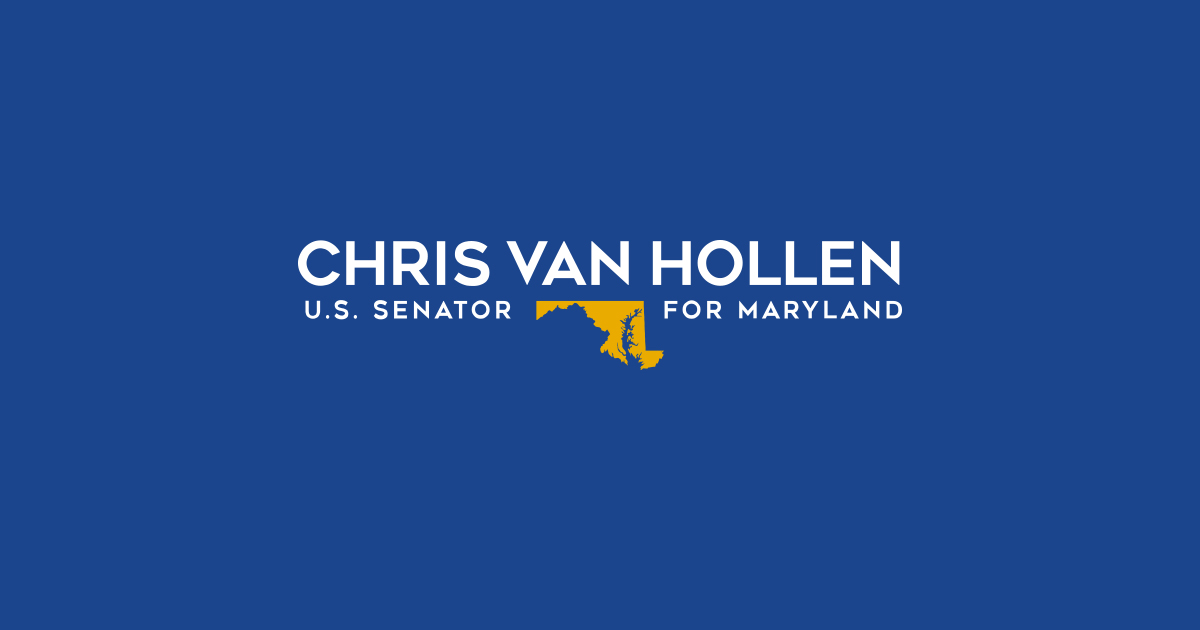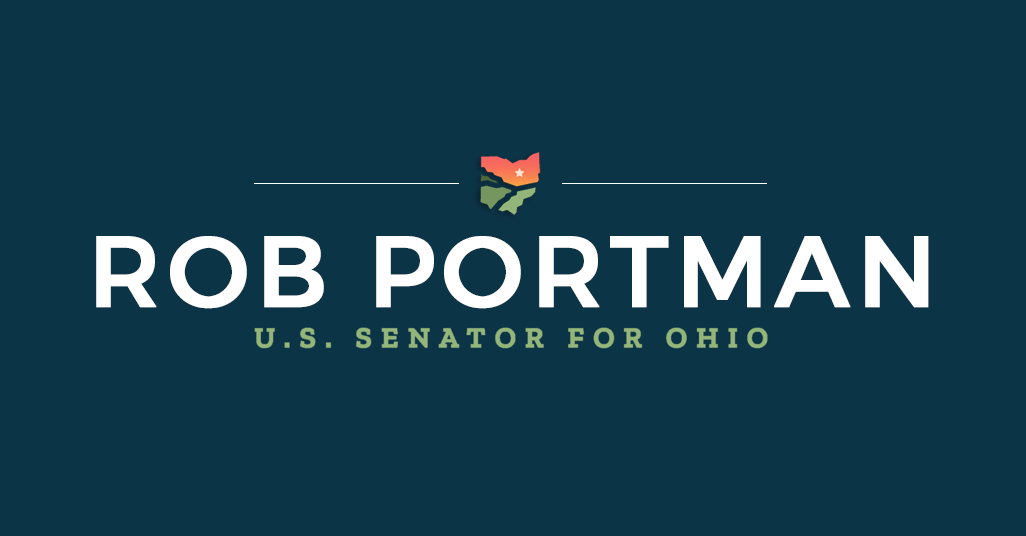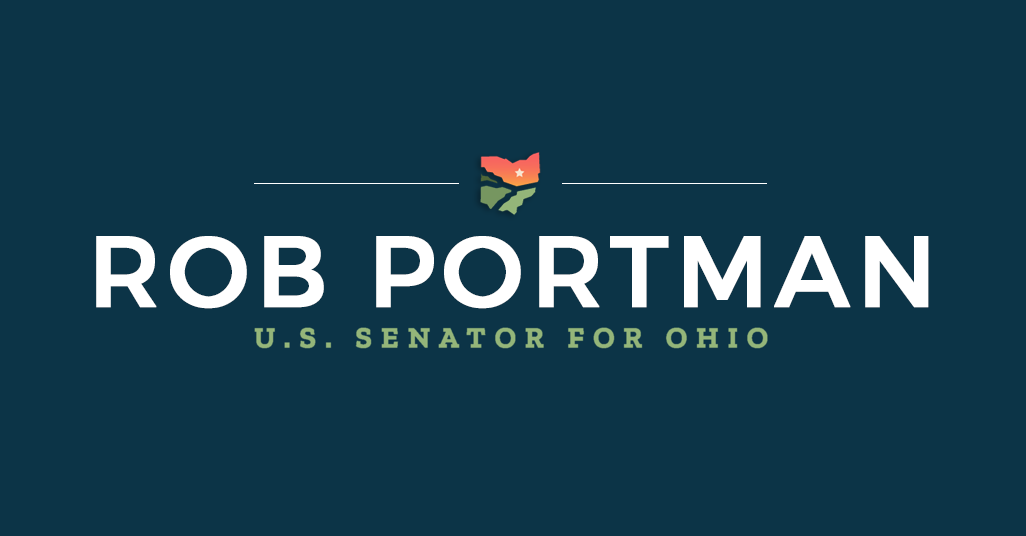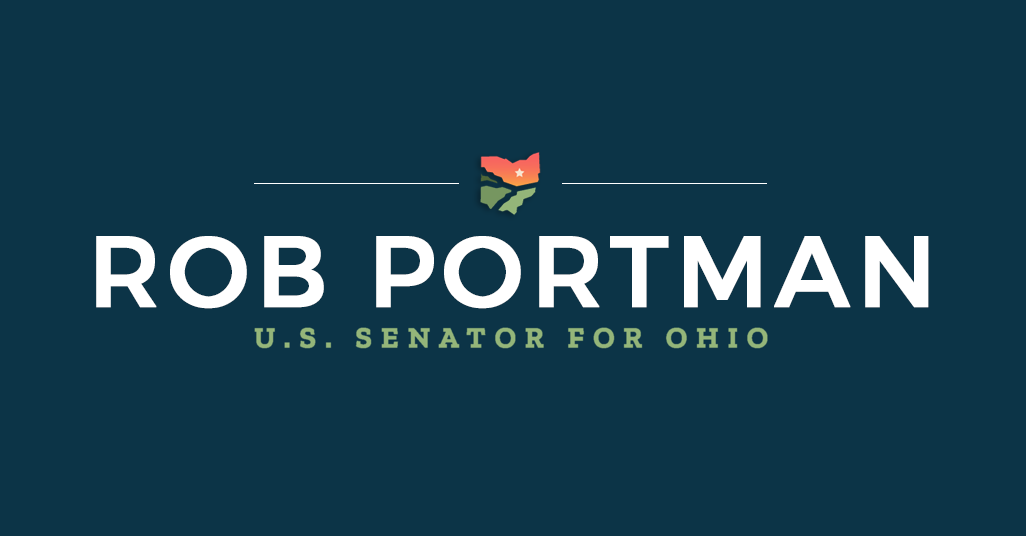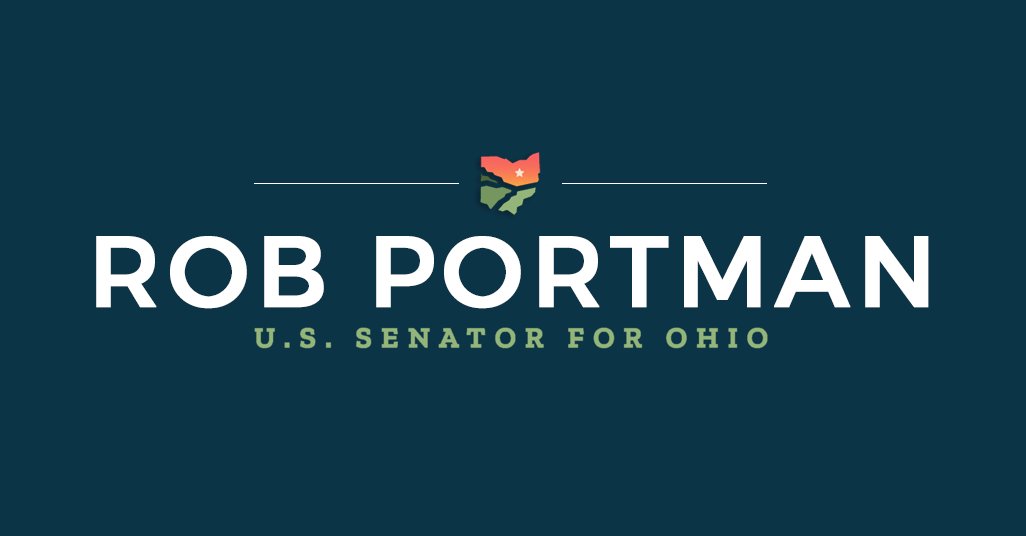Source: United States Senator for Maryland Chris Van Hollen
June 08, 2021
Today, U.S. Senator Chris Van Hollen (D-Md.) released the following statement regarding the Senate passage of the U.S. Innovation and Competition Act, bipartisan legislation to address the United States’ competitiveness with China and other foreign powers. Senator Van Hollen is a member of the Senate Foreign Relations Committee and Senate Banking, Housing, and Urban Affairs Committee, both of which had jurisdiction over portions of this legislation:
“When it comes to technology, standing still means falling behind. This bipartisan bill will help boost innovation and grow jobs in Maryland and across the country while curtailing the theft of trade secrets and meeting the rising global challenge of China. I was proud to author a number of measures within this package – including provisions to prevent the theft of key U.S. technologies and identify the most important challenges in science and technology that we must tackle. I urge our House colleagues to take this critical legislation up swiftly.”
The U.S. Innovation and Competition Act includes provisions of the following proposals introduced by Senator Van Hollen:
Protecting American Intellectual Property Act
· The Protecting American Intellectual Property Act, introduced by Senator Van Hollen and Senator Ben Sasse (R-Neb.), mandates strong economic penalties on firms and individuals involved in stealing American intellectual property. The Senators’ bill requires sanctions on individuals and firms found to engage in, benefit from, or enable the significant and serial theft of U.S. intellectual property. The Senators’ legislation was passed unanimously by the Senate in December 2020.
· The National SEAL Act, introduced by Senator Van Hollen and Senator Roy Blunt (R-Mo.) will help ensure U.S. leadership in discovery and innovation and strengthen the United States’ competitive edge against China and across the global economy. The provision directs the Secretary of Commerce to enter into an agreement with the National Academies of Sciences, Engineering, and Medicine to identify the ten most critical emerging science and technology challenges facing the United States and make recommendations for legislative or administrative action to ensure U.S. leadership in those areas.
· The True Reciprocity Act, introduced by Senator Van Hollen and Senator Dan Sullivan (R-Alaska), aims to address the substantial imbalance in the relationship between the United States and China across a number of sectors, including diplomacy, trade, communications, and education. Specifically, the provision directs the Biden Administration to develop an in-depth report to Congress detailing the obstacles put in place by China to obstruct the free work of U.S. diplomats, officials, journalists, businesses, and nongovernmental organizations (NGOs) in the country and recommendations for how the U.S. can respond in pursuit of reciprocity in the bilateral relationship.
· This amendment, introduced by Senator Van Hollen in the Senate Foreign Relations Committee, would require the U.S. International Development Finance Corporation to submit to Congress a strategy for digital investment that includes support for information-connectivity projects and prioritizes projects of strategic importance to the United States.
The U.S. Innovation and Competition Act includes provisions of the following proposals cosponsored by Senator Van Hollen:
Supporting Early Career-Researchers Act
· Establishes a 2-year pilot program to award grants to highly qualified early-career investigators to carry out independent research programs at IHEs, with priority given to researchers from backgrounds underrepresented in STEM and carrying out research at MSIs.
Research Investment to Spark the Economy (RISE) Act
· Authorizes Commerce (NOAA and National Institute of Standards and Technology), Agriculture, Defense, Education, Energy, Interior (U.S. Geological Survey), Health and Human Services (NIH), Environmental Protection Agency, NASA, National Science Foundation, and Transportation to provide supplemental funding to extend the duration of research awards disrupted by COVID-19; issue awards on effects of COVID-19; and provide flexibility on awards due to facility closures.
Combatting Sexual Harassment in Science Act
· Awards grants to IHEs and nonprofit organizations, through the National Science Foundation Director, to expand research efforts to better understand the factors contributing to and consequences of sexual harassment across the STEM workforce and research enterprise and to examine best practices to reduce its frequency and impact. NSF is also required to convene a working group of Federal statistical agencies to collect national data on the prevalence, nature, and implications of sexual harassment, enter into an agreement with the Academies to update the Academies’ research conduct report to include more detailed data points, and develop policy guidelines for Federal science agencies with a coordinated effort of an interagency working group chaired by the Director of the Office of Science and Technology Policy.
